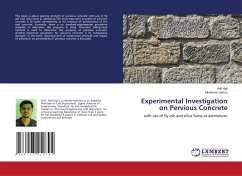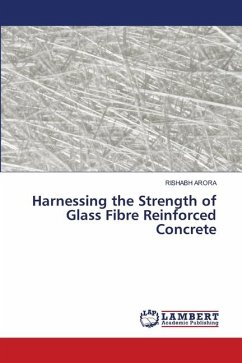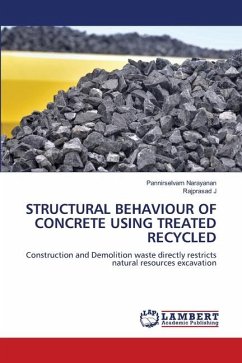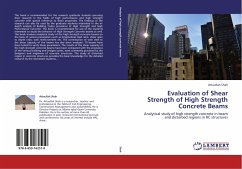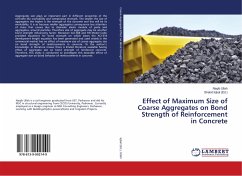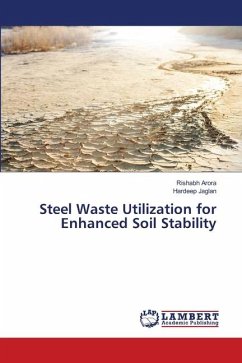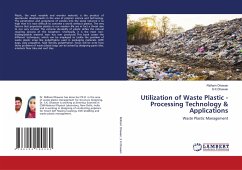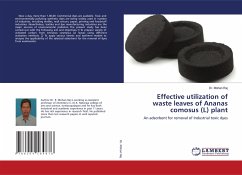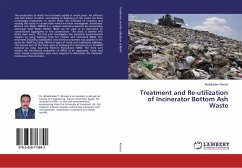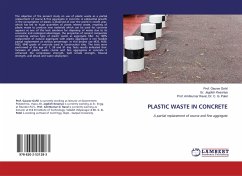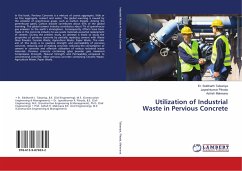
Utilization of Industrial Waste in Pervious Concrete
Versandkostenfrei!
Versandfertig in 6-10 Tagen
51,99 €
inkl. MwSt.

PAYBACK Punkte
26 °P sammeln!
In this book, Pervious Concrete is a mixture of coarse aggregate, little or no fine aggregate, cement and water. The global warming is caused by the emission of greenhouse gases, such as Carbon dioxide. Among the greenhouse gases, Carbon dioxide contributes about 65% of the global warming. The global cement industry contributes about 7% of greenhouse gas emission to the earth's atmosphere. Consequently, Efforts have been made in the concrete industry to use waste materials as partial replacement of cement. During the present study, an attempt is made to study the properties of pervious concret...
In this book, Pervious Concrete is a mixture of coarse aggregate, little or no fine aggregate, cement and water. The global warming is caused by the emission of greenhouse gases, such as Carbon dioxide. Among the greenhouse gases, Carbon dioxide contributes about 65% of the global warming. The global cement industry contributes about 7% of greenhouse gas emission to the earth's atmosphere. Consequently, Efforts have been made in the concrete industry to use waste materials as partial replacement of cement. During the present study, an attempt is made to study the properties of pervious concrete by partially replacing cement with Waste Glass Powder, Ceramic Waste, Agriculture Waste, Paper Waste. The main aim of this study is to examine strength and permeability of pervious concrete, reducing cost of making concrete, reducing the consumption of cement in concrete and effective utilization of various industrial waste materials. Pervious concrete containing glass powder give maximum Compressive Strength, Flexural Strength and Permeability compared to conventional concrete, other pervious concrete containing Ceramic Waste, Agriculture Waste, Paper Waste.



